The Impact of Jeff Sessions on Marijuana Legalization
With Jeff Sessions as Attorney General, what does this mean for marijuana legalization? Keep reading to get the latest.
Keyword(s): marijuana legalization
As of 2017, 75% of American voters oppose the federal government enforcing laws against marijuana in states where the drug is legal. Yet when it comes to marijuana legalization, Attorney General Jeff Sessions is willing to stand against that majority.
Since his installment into his position as the United States Attorney General, Sessions has made no secret of his thoughts on the legalization of pot for medicinal or recreational use. Sessions current views could pose a danger to the legal use of marijuana in states where it is already legal.
To get the latest on the threat he poses to our rights, keep reading.

Legalization of Weed
The Impact of the D.A.R.E. Program
Before you can understand where Sessions stands and how he might proceed, we want to give you some background information on the ideologies behind marijuana use.
The Drug Abuse Resistance Education, or D.A.R.E., was founded in 1983 in Los Angeles, as a result of the “Just Say No” campaign during the Reagan administration. This program was a resurgence on the war on drugs, and marijuana was labeled a major culprit for that war.
Nicknamed “the gateway drug,” marijuana was presented as a dangerous starter drug that could lead to abuse of more dangerous drugs, like heroin and cocaine. However, by 2010, the Federal government considered the D.A.R.E. program unsuccessful, and its funding was severely cut.
Marijuana was also falsely presented to the public as a drug that would destroy brain cells, despite the lack of research to support this claim.
Moreover, the idea that marijuana leads to more serious drug use and abuse is the type of belief that Jeff Sessions is clinging to in his mission to overturn legislation protecting the legalization of marijuana throughout the majority of the nation. These falsehoods and the suggestion that marijuana has the dangers of the other drugs in its class (i.e. heroin, LSD, ecstasy) are mere shadows under the bed at night–not the monsters Jeff Sessions believes them to be.
Marijuana Legalization: The Cole Memo
Ready for some more background information? Pay attention to this name: James Cole.
In 2013, then Deputy Attorney General James Cole wrote a memo, referred to as “The Cole Memo” to Congress that provided protection for those marijuana businesses who complied with state law would not be prosecuted under federal law.
A lot goes into compliance and accountability for a marijuana business, including acquiring and maintaining state permits to operate. Currently, Jeff Sessions wants to invalidate state permits in the eyes of the federal government’s enforcement practices.
The Cole Memo outlines that historically, the Department of Justice (DOJ) has left it up to states to deal with anyone possessing small amounts of marijuana for personal use.
Cole also adds at the end of this memo that it isn’t intended in any way to limit the right of the federal government to prosecute marijuana users. Rather, the memo was offered as guidance and suggested that it was not worth the financial resources granted to the DOJ to pursue such cases.
Furthermore, the Cole memo provided a basis for providing protection for states interested in marijuana legalization in 2014. The Cole memo even received support from Republicans, as this action promoted states’ rights.
Rohrabacher-Farr, or Rohrabacher-Blumenauer
“Gesundheit!” That name sounds like a mouthful, but it’s worth learning because it’s the backbone of the legislation that has protected states from a federal crackdown on marijuana.
This less-than-one-hundred-word amendment was designed to protect medical marijuana programs from the federal government. If you or anyone you know has been using marijuana to deal with any of these 7 health issues, Rohrabacher-Farr is something you should be familiar with.
You should also know that this amendment doesn’t make marijuana legal in the eyes of the federal government, however. It does prevent the DOJ from using its budget to prosecute medical marijuana cases in states where marijuana is legal.
Removing the protection of the Rohrabacher-Farr Amendment, Sessions could have the power to use federal drug agents to catch and prosecute anyone using marijuana, even those patients who are using the drug medicinally.
Representative Earl Blumenauer (D-OR) publicly challenged the DOJ to try and revoke the Rohrabacher-Farr amendment and insisted there would be serious backlash if the DOJ tries that. Blumenauer’s strong stand against the DOJ earned himself his title onto the bill.
While it’s not likely that the DOJ would send a SWAT team to capture private marijuana users, they could feasibly take on other actions, such as threatening a landlord with asset forfeiture if they rent to businesses selling or producing marijuana. Without Rohrabacher-Farr protection, the DOJ could do this, even if the business is in a state where marijuana is legal.
Which States Went for Marijuana Legalization?
Now that we’re all on the same page, or should we say leaf, let’s take a look at the current situation with marijuana legalization. The majority of states in the nation have legalized marijuana either medicinally, recreationally or both.
These states legalized the drug for medicinal and recreational use:
- Alaska
- California
- Colorado
- Maine
- Massachusetts (as of July 2018)
- Nevada
- Oregon
- Vermont (legislation passed yesterday (January 22, 2018, making the state the first to legalize cannabis through its legislature instead of a ballot initiative)
- Washington
- Washington, D.C.
A total of 29 states have legalized marijuana for medicinal use. This majority reflects the nation’s overall preference for marijuana legalization, yet the drug is still considered illegal by the federal government.
What’s Been Happening Lately?
Let’s take a look at a timeline of how marijuana legalization has been viewed and talked about since Sessions was appointed the Attorney General.
April 2017
Attorney General Jeff Sessions announces, in a memo, a DOJ task force will examine how to approach enforcement of marijuana laws. This will be evaluated by the DOJ’s new task force on Crime Reduction and Public Safety. This memo was a poorly-masked attempt to discredit Rohrabacher-Farr and the Cole Memo.
May 2017
Jeff Sessions pens a letter to Congress. In his letter, he asks Congress to undo the protections offered by Rohrabacher-Farr. He claims that the nation is suffering from a historic drug epidemic, which could lead to a long-term increase in crime–especially violent crime.
At the same time, President Trump appoints his son-in-law, Jared Kushner with the – task of handling the nation’s opioid crisis, who then passed the responsibilities on to Chris Christie, naming him head of the Commission on Combating Drug Addiction and the Opioid Crisis.
Once in charge, Christie ignored almost 8,000 suggestions from the public, all in support of marijuana legalization. He claimed that tax money collected from the sale of medical marijuana was “blood money.” Once again fostering the mentality of the 1980’s that marijuana is a gateway drug that leads to other drugs ultimately leads to violence. Therefore, by preventing the legalization of marijuana, the violence will stop.
Christie continues to ignore the studies that show that these facts are baseless and ignoring the information on the benefits of legalizing marijuana.
August 2017
Remember that DOJ task force Sessions assembled back in April? In August, they returned their results.
They didn’t recommend any new policies to reduce legal marijuana programs.
September 2017
A new “Sessions” enters the fight against legalization of marijuana. This time it’s not AG Jeff Sessions, rather a new gentleman named Representative Pete Sessions (R-Texas) speaks up.
Pete Sessions, no relation to AG Sessions is a top lawmaker and House Rules Committee Chairman, who along with Representative Paul Ryan (Speaker of the House), both opposed to marijuana legalization.
Pete Sessions chairs a committee that intended to vote on AG Sessions’ request to revoke Rorhabacher-Farr. Before they could cast their votes, GOP leaders stopped the voting from taking place. The reason – likely due to the fact that a number of Republican-led states support the states’ rights to what they see fit, and that includes the legalization of marijuana.
October 2017
AG Sessions tries to covertly fortify the idea that marijuana is a gateway drug, and comes out with the following statement, “This whole country needs to be not so lackadaisical about drugs…Much of the addiction starts with marijuana. It’s not a harmless drug.”
AG Session also points out that federal laws against marijuana are still “on the books”, and the DOJ has the authority to use those laws to prevent the states’ efforts to legalize marijuana.
December 2017
The stalemate between Sessions and marijuana legalization came to a head with talks of a government shut down in late December. With a government shutdown, the Rohrabacher-Farr amendment risks being revoked.hrabacher-Farr could be revoked.
January 2018
The Trump administration announced that it would “free federal prosecutors to more aggressively enforce marijuana laws.”
Later that day, Sessions rescinds the Cole memo.
The Federal Government is able to agree to a budget that keeps the government open despite a three-day shutdown, and as part of that budget deal, the Rohrabacher-Blumenauer amendment, which continues to protect medical cannabis patients and caregivers in legal medical states, remains in effect.
Marijuana Legalization: Is the Battle Over?
Sessions move to rescind the Cole memo reverts the nation back to the pre-Obama era, and sends the power back to the DOJ to go after marijuana producers in states where the drug is legal.
Despite this unpopular move by Sessions, the battle to end the legalization of marijuana is far from over.
Congress holds the power, as do the voters. That means you have the power to protect the legalization of marijuana.
Get In Touch With Your Representatives
One of the best ways to fight back against Sessions’ ill-conceived notions and intentions regarding marijuana legalization is to contact your representatives.
Congress controls the purse strings of the nation, and therefore of the DOJ. The voting public should control Congress. Your representatives are there to serve you and your best interests.
Getting in touch with your representatives is easy. You can email them, call them, or write a physical letter and mail it. Since email is so common these days, you might get more attention with a snail-mailed letter or phone call.
If you’re not sure who your representatives are, you can easily find out online.
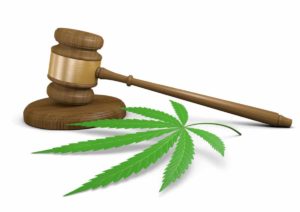
Support Groups Fighting For Marijuana Legalization
The good news for the legalization of marijuana is that just as there are groups fighting against it, there are those fighting in favor of it. Below are some groups you can donate to or volunteer with in order to fight for legalizing pot or keeping it legal where you live.
- NORML
- ENCOD
- The Marijuana Policy Project
- Common Sense for Drug Policy
- Drug Sense
- The Drug Policy Alliance
- SSDP
- Stop the Drug War
- Law Enforcement Action Partnership (LEAP)
Participate Directly in Politics
If you want to involve yourself more than contacting your representatives or working with activist groups, you could also run for office.
After all, President Obama smoked pot in college and even though many conservatives often dredged that up as a mark against his character, he still became president–for two terms.
Final Thoughts On Jeff Sessions and Marijuana Legalization
In summary, Attorney General Jeff Sessions has always opposed the legalization of marijuana for both medicinal and recreational use. He considers marijuana to be a danger to the fabric of American society.
If we look at our history, the war on drugs did not begin in the 1980’s, rather it began over one hundred years earlier, back in the 1860’s, with the local laws.
The first federal law on the war on drugs passed in 1914. Since its inception, the War on Drugs has been a smokescreen for the federal government to have the authority to incarcerate anyone in possession of an illegal drug.
Sessions wants to demonize marijuana production, sale, and usage in order to continue the war on drugs. We need to do all we can to stop this administration from ignoring the current research, statistics and medical benefits of marijuana, and do everything in our power to prevent them from putting the genie back in the bottle.
For more information on medical and recreational marijuana usage, or for guidance on medical marijuana and ways to advocate for continued legalization, contact us today.

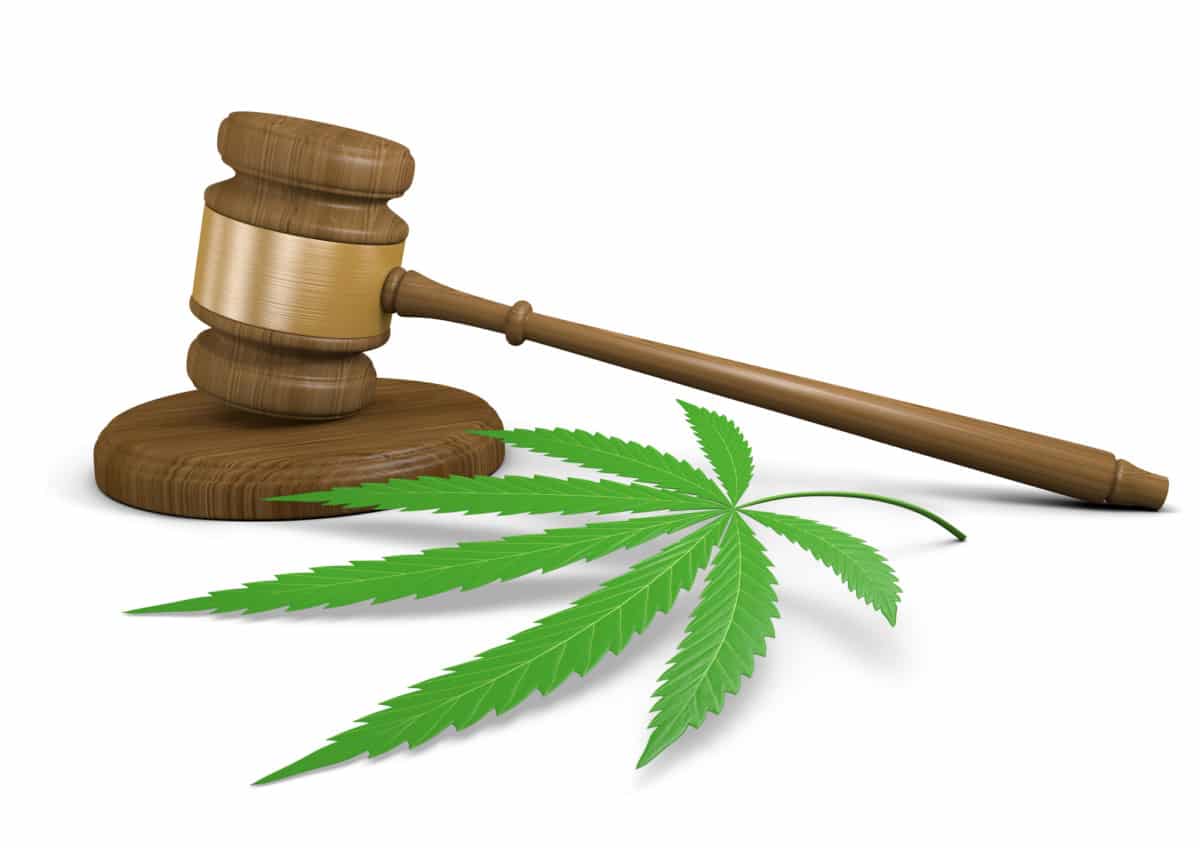


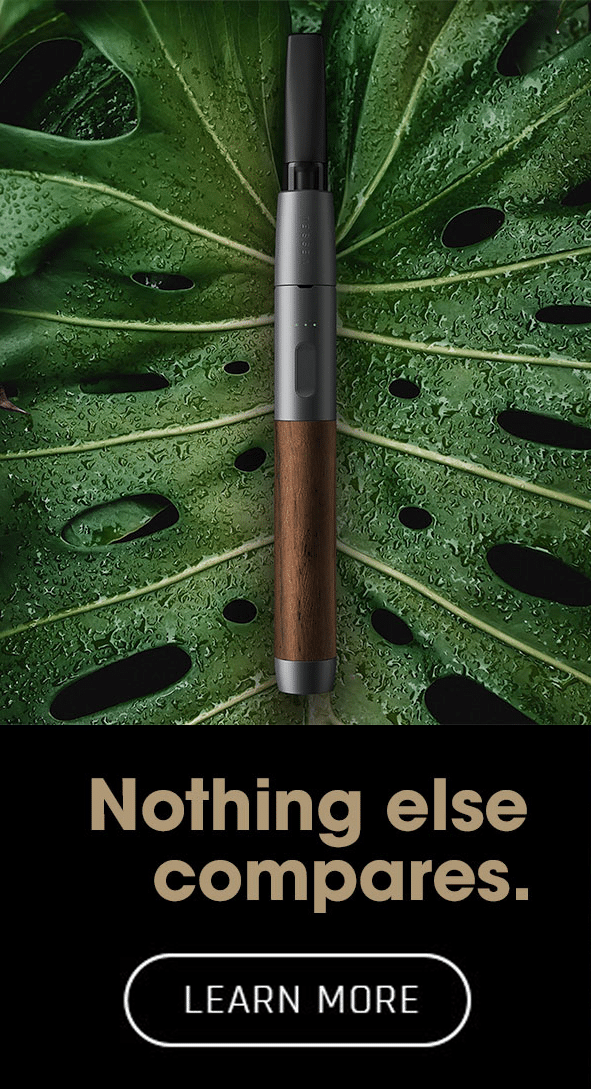

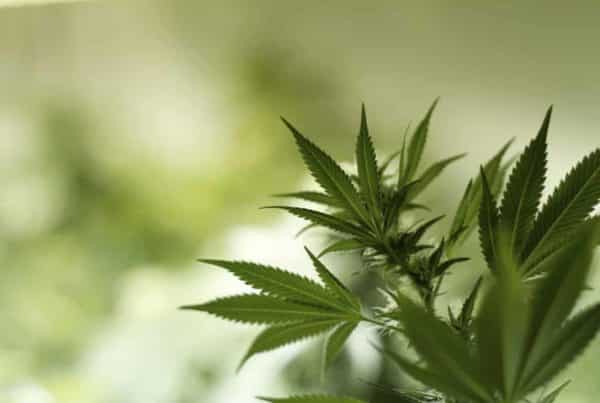
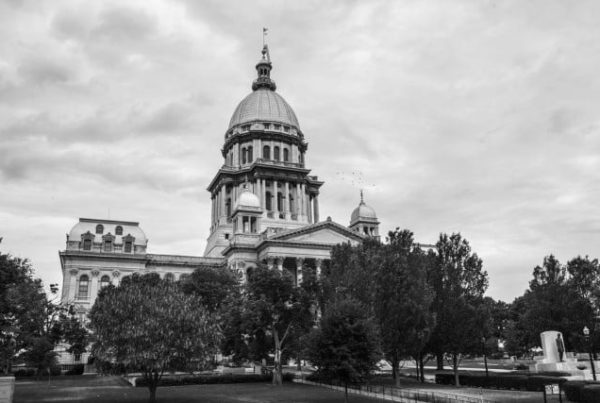
This is the most informative piece that I have seen on the issues facing the continued fight to legalize marijuana and Mr. Sessions battle to take it back to the dark ages.